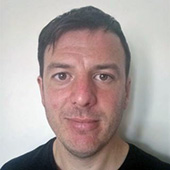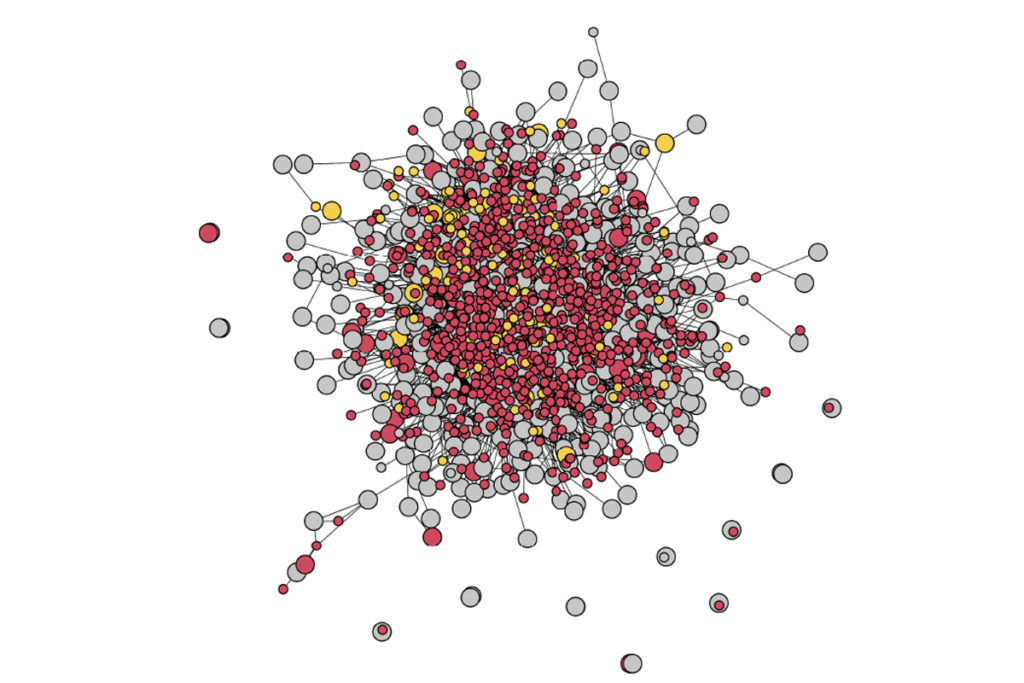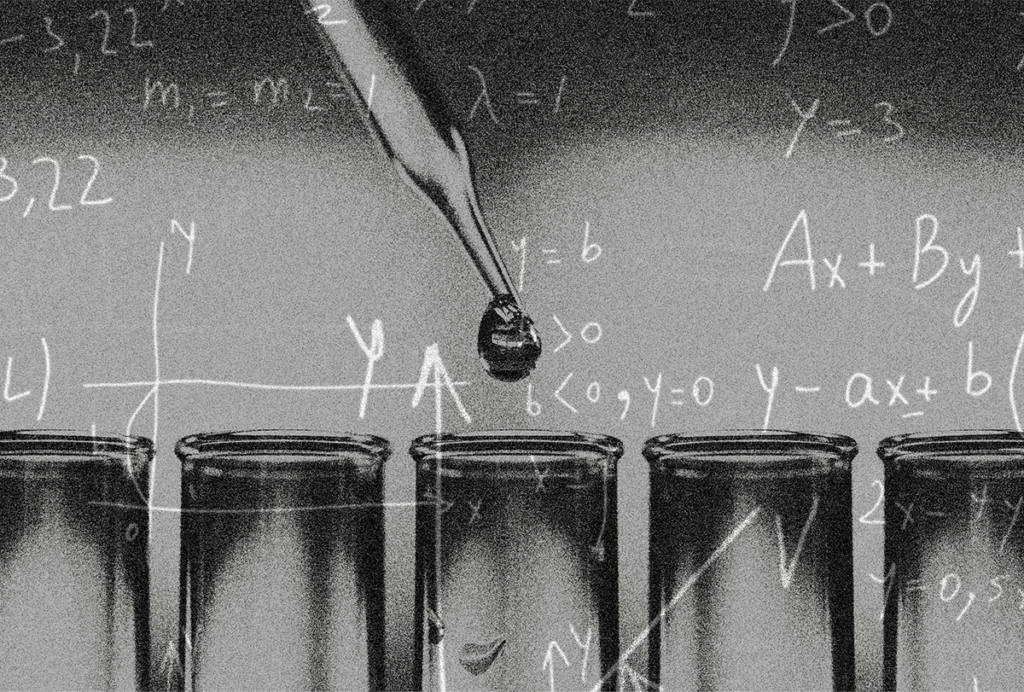Daniel Poole is a research fellow in the department of psychology at the University of Sheffield in the United Kingdom.

Daniel Poole
Research fellow
University of Sheffield
From this contributor
Open science in autism research: A chat with Amy Pearson and Daniel Poole
The two psychologists share tips to help autism researchers adopt established methods and make their work more transparent and reproducible.

Open science in autism research: A chat with Amy Pearson and Daniel Poole
Explore more from The Transmitter
Sequencing study spotlights tight web of genes tied to autism
The findings, shared in a preprint, help to illuminate how a large and heterogeneous group of genes could be involved in autism.

Sequencing study spotlights tight web of genes tied to autism
The findings, shared in a preprint, help to illuminate how a large and heterogeneous group of genes could be involved in autism.
Alison Preston explains how our brains form mental frameworks for interpreting the world
Preston discusses her research examining differences in how children, teenagers and adults integrate new information into their memories.
Alison Preston explains how our brains form mental frameworks for interpreting the world
Preston discusses her research examining differences in how children, teenagers and adults integrate new information into their memories.
Calculating neuroscience’s carbon cost: Q&A with Stefan Pulver and William Smith
The two scientists discuss how to estimate a research project’s carbon emissions, from supply procurement to energy usage.

Calculating neuroscience’s carbon cost: Q&A with Stefan Pulver and William Smith
The two scientists discuss how to estimate a research project’s carbon emissions, from supply procurement to energy usage.